Time Magazine Report: Three Of 25 Most Influential Teenagers 2018 Are Indian Students
Jyotis - Dec 24, 2018
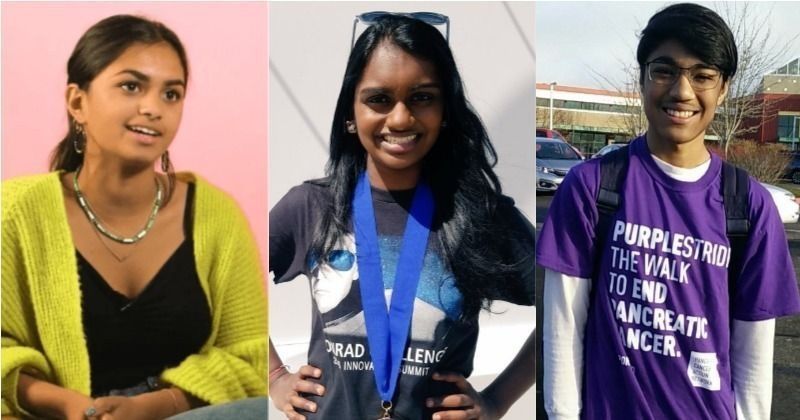
It is likely for the young in India to learn something from these three students, especially for those who want to take part in the STEAM courses.
- How To Find Steam Screenshot Folder On Windows, Linux, And Mac
- Steam Hide Game Activity: How To Make Your Activity Invisible
- Gamers Now Can Easily Find And Download Game Soundtracks On Steam
The Indian must be proud when hearing that the three Indian students have been listed among the top 26 most influential teens selected by Time Magazine’s 2018. They are recognized for their contribution to public health awareness and medical technology.
It is likely for the young in India to learn something from these three students, especially for those who want to take part in the STEAM courses.
These Indian students include Rishab Jain, British-Indian Amika George, and Indian-American Kavya Kopparapu.
Among these students, Rishab Jain, at the age of 14, now lives in Portland, Oregon, US. The algorithm developed by Rishab can save more lives for patients who are suffering from pancreatic cancer. Almost all of the patients (up to 93%) can’t live over five years after their diagnosis.
When scans are conducted, other organs often eclipse the pancreas which is sometimes moving around according to other processes in our body and breathing movements. The conventional treatment for these patients is radiation one applied in the broad area to approach the tiny organ; however, it may also kill some good cells unintentionally.
Rishab’s algorithm can be used in new kinds of machines, as well as built into radiotherapy equipment that are commonly used in most hospitals. With it, doctors are easy to identify the pancreas, attack the affected area more accurately, and lessen unexpected effects.
The second student is Kavya Kopparapu, 18 years old, as a newbie at Harvard University. Her invention is a learning system called GlioVision which helps doctors to scan slides of cancer patients’ brain tissues. Two of the GlioVision’s most prominent points include the detection and interpretation of genetic information. Due to its analysis of some factors such as texture, color, density and more of a tumor, doctors will have no difficulties in realizing what kind cancer belongs to, as well as how it reacts with specific drugs.
Before that, Kavya has developed the same ML systems to detect diabetic retinopathy and an app that allows emergency responders to access medical information saved in smartphones of unconscious patients.
The last student in this list, Amika George, 19 years old, who lives in the UK, is struggling against the “period poverty”. This term was given to demonstrate what girls are facing on their menstrual cycle, and the reasons why they often skip classes during these days are not due to their pain, but because they have no money to buy tampons or menstrual pads.
Through her campaign, she wants to improve policymakers’ awareness and help them to realize the importance of menstrual products in healthcare. Besides, these women should receive such products for free. With 2 lakhs signatures collected for a petition in the #FreePeriods campaign, more than 10 UK lawmakers have concentrated more on this issue, as well as taken the corresponding fund allocations into consideration.
Featured Stories

Features - Jan 29, 2026
Permanently Deleting Your Instagram Account: A Complete Step-by-Step Tutorial

Features - Jul 01, 2025
What Are The Fastest Passenger Vehicles Ever Created?

Features - Jun 25, 2025
Japan Hydrogen Breakthrough: Scientists Crack the Clean Energy Code with...

ICT News - Jun 25, 2025
AI Intimidation Tactics: CEOs Turn Flawed Technology Into Employee Fear Machine

Review - Jun 25, 2025
Windows 11 Problems: Is Microsoft's "Best" OS Actually Getting Worse?

Features - Jun 22, 2025
Telegram Founder Pavel Durov Plans to Split $14 Billion Fortune Among 106 Children

ICT News - Jun 22, 2025
Neuralink Telepathy Chip Enables Quadriplegic Rob Greiner to Control Games with...

Features - Jun 21, 2025
This Over $100 Bottle Has Nothing But Fresh Air Inside

Features - Jun 18, 2025
Best Mobile VPN Apps for Gaming 2025: Complete Guide

Features - Jun 18, 2025
A Math Formula Tells Us How Long Everything Will Live
Read more
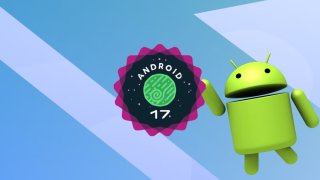
Mobile- Feb 14, 2026
Android 17 Beta 1 Now Available for Pixel Devices
While Android 17 Beta 1 doesn't introduce flashy consumer-facing changes yet, it lays the groundwork for a more robust and flexible platform.

Mobile- Feb 16, 2026
Xiaomi Launches Affordable Tracker to Compete with Apple's AirTag
For users tired of ecosystem lock-in or high prices, the Xiaomi Tag represents a compelling, no-frills option that delivers core functionality at a fraction of the cost.

ICT News- Feb 15, 2026
X Platform Poised to Introduce In-App Crypto and Stock Trading Soon
X has been laying the groundwork for this expansion.
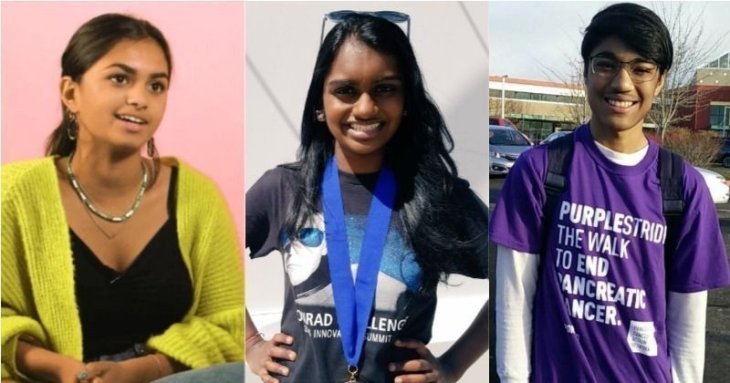
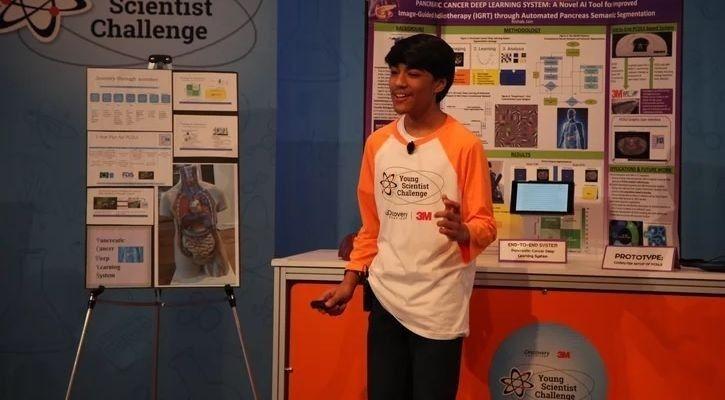 Rishab Jain
Rishab Jain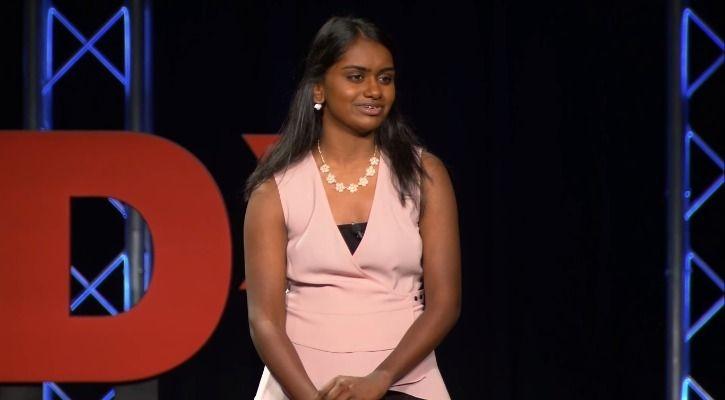 Kavya Kopparapu
Kavya Kopparapu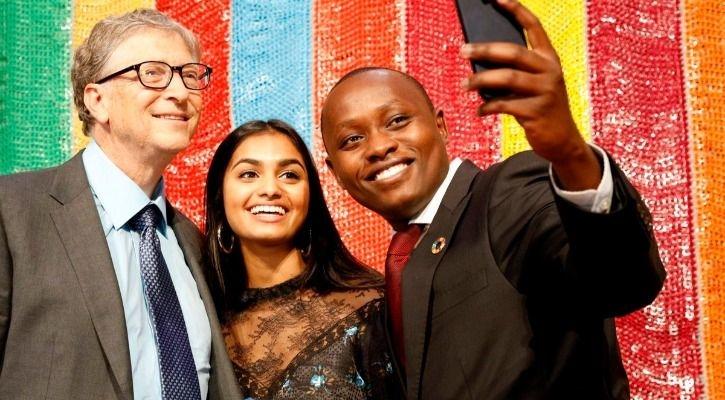 Amika George & Bill Gates
Amika George & Bill Gates
Comments
Sort by Newest | Popular